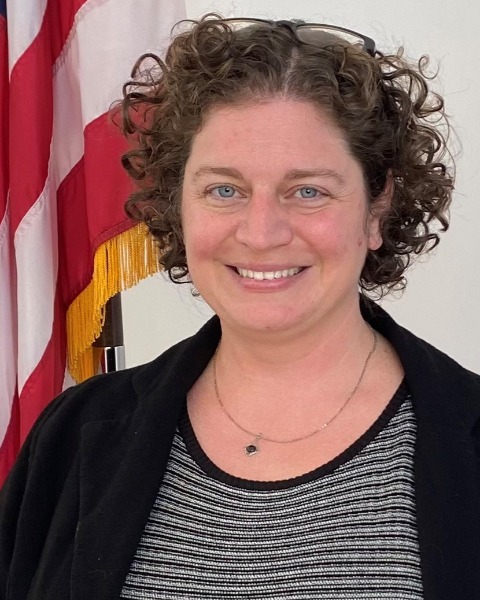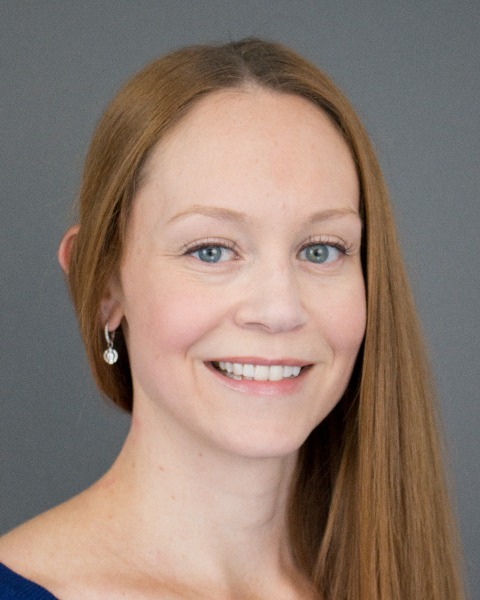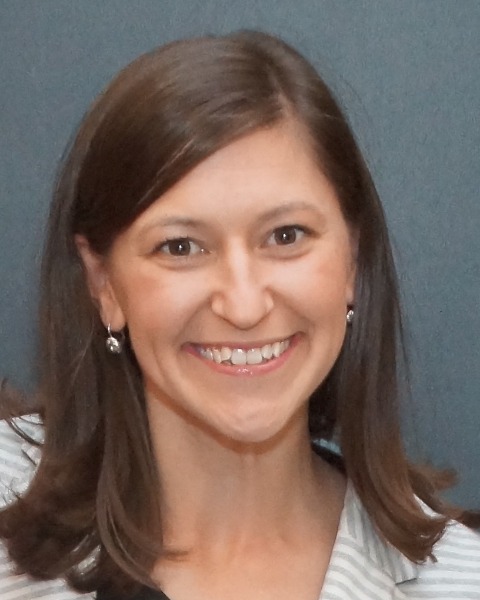Democracy and Governance
Telling the Story of Global Democratic Trends Across the Academic-Practitioner Divide
-

Marcia Mundt, PhD (she/her/hers)
Research, Evaluation, and Learning Director
Consortium for Elections and Political Process Strengthening, United States -

Brigitte Seim, PhD (she/her/hers)
Associate Professor of Public Policy
University of North Carolina at Chapel Hill, United States -

Natalie Trisilla
Director, Evidence and Learning
International Republican Institute, United States -

Daniel Pemstein, PhD
Professor of Political Science and Public Policy
North Dakota State University, United States -
LS
Linda Stern, n/a
Director, Global Design, Monitoring, Evaluation, and Learning
National Democratic Institute, United States
Presenter(s)
Disscussant(s)
Location: Room 103
Abstract Information: Several academic and ‘pracademic’ datasets tracking democratic trends have been published open source with the aim of facilitating research and learning as well as improving democracy assistance. The story the data tell are currently quite bleak, with the level of democracy in decline over the last decade and more autocracies than liberal democracies in 2022 (Papada et al., 2023). On the cutting edge of nuanced and multidimensional democratic trends indices is the Varieties of Democracy (V-Dem) Project dataset released in 2016, boasting historical time-series data going back to 1900 coded by a global network of 3,700 country experts. Through interactive dashboards and a variety of reports, V-Dem provides a historical and academic perspective on the story of democratic consolidation, and more recently, backsliding. While assessed as outperforming other measures of democracy such as Polity IV or the Freedom House Index (Boese, 2019), the academic perspective articulated through statistical analysis of V-Dem data has come under recent critique for “the ways in which academic research relates to the outside world” and its emphasis on liberal versus pluralistic or non-Western democratic norms (Wolff, 2022, Little and Meng, 2023). Likewise, V-Dem and other academic democratic trends indicators are too high-level and slow-moving, and lack complementary qualitative descriptions to aide interpretation, limiting their utility for real-time storytelling or informing targeted democratic assistance. Recognizing this gap, in 2019, the Consortium for Elections and Political Process Strengthening (CEPPS) – a trio of nonprofit, nonpartisan, nongovernmental organizations dedicated to advancing and supporting democratic practices and institutions globally – experimented with building a global democratic trends dataset. Approximately ~150 practitioners working directly on democratic assistance programs periodically provide data for more than 60 countries. The data collection process and survey tool was refined in 2022 based on practitioner focus groups across six geographic regions and a systematic desk review of democratic trends across academic literature and practitioner reports. While not as comprehensive in its reach or sophisticated in its methodology, the dataset addresses some of the utility limitations of V-Dem and other democracy measures. Specifically, it is collected and analyzed quarterly rather than annually, includes both quantitative and qualitative observations from practitioners in the field, and purports to capture mid-level leading indicators of democratic shifts. This panel will delve into the story of democratic backsliding as told by academics compared to the story told by practitioners. Spoiler alert: the overarching storyline is the same across datasets. Both sides of the academic-practitioner divide generally concur that a set of countries has experienced concerning democratic erosion, whereas others have experienced democratization stagnation, and a promising few have made significant advancements in key elements of democracy. However, the underpinning factors, sequence of changes, and some country case studies diverge in their accounts. Questions the panel will address include: How does the way we tell this story differ? How is it the same? How can both accounts contribute toward a joint narrative to offset biases inherent in academic and practitioner circles? Can we take a step closer to bridging the academic-practitioner divide?
Relevance Statement: This panel explores two central topics of relevance and importance to the field of evaluation. First, it explores the utility of largescale datasets and indices for evaluating (and potentially predicting) global phenomena; in this case, democratic backsliding. It is particularly relevant to the American Evaluation Association Democracy and Governance Topical Interest Group (TIG). Second, it addresses the challenges and opportunities of bridging the academic-practitioner divide by juxtaposing the perspectives and stories of academic experts and on-the-ground practitioners as told through survey data. From this angle, the panel is relevant to the American Evaluation Association Quantitative
Methods: Theory and Design TIG. This panel seeks to explore how our divergent approaches to storytelling – from how we collect our data to how we share it – compare, contrast, and ultimately tell a complete story about the state of global democracy and its current decline. While qualitative data is more often associated with storytelling– this year's conference theme – quantitative data also tells a story. V-Dem, for example, produces annual narrative reports that articulate how the state of democracy in the world is evolving with each year. CEPPS, as a consortium of organizations delivering complex democracy, human rights, and governance programming globally, both avidly consumes the V-Dem reports and tells its own story through funder reports, original research, press releases, and podcasts. The target audience and modality of storytelling across academic and practitioner circles influences the details we choose to highlight and the learning products we produce.
Presentations:
-
2:30 PM - 3:30 PM ETAcademic Perspectives: The Varieties of Democracy (V-Dem) Project Dataset
Presenter: Brigitte Seim, PhD (she/her/hers) – University of North Carolina at Chapel Hill
Presenter: Daniel Pemstein, PhD – North Dakota State University
-
2:30 PM - 3:30 PM ETGlobal Democratic Trends Across the Academic-Practitioner Divide
Presenter: Linda Stern, n/a – National Democratic Institute
-
2:30 PM - 3:30 PM ETPractitioner Perspectives: CEPPS Global Democratic Trends Dataset
Presenter: Marcia D. Mundt, PhD (she/her/hers) – Consortium for Elections and Political Process Strengthening
Presenter: Natalie Trisilla – International Republican Institute
